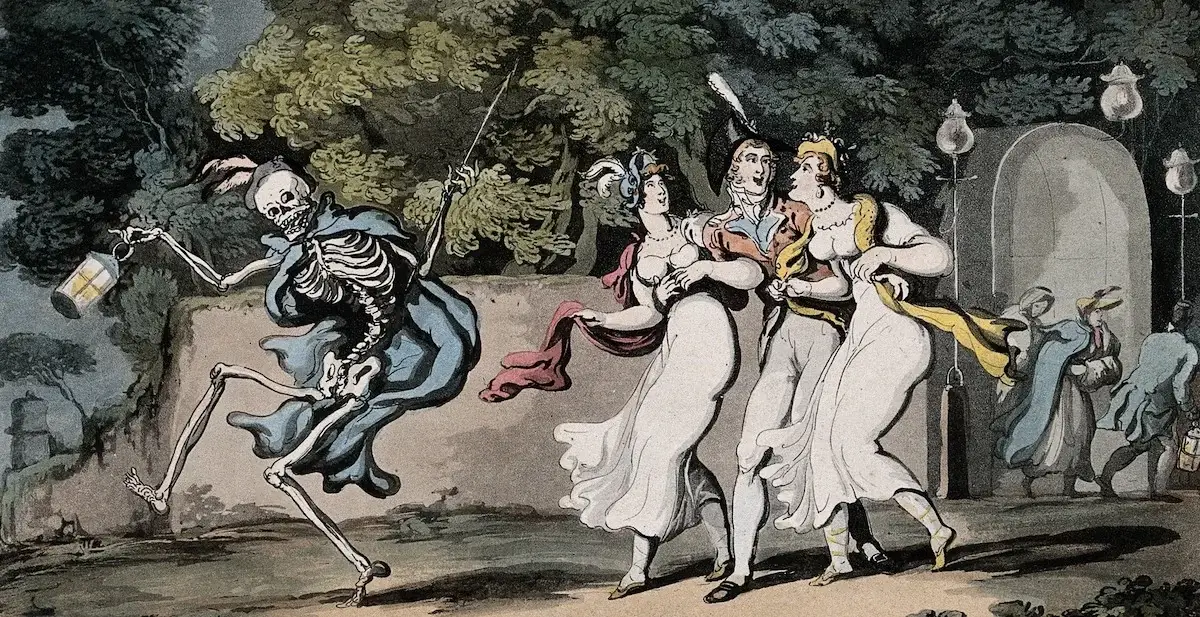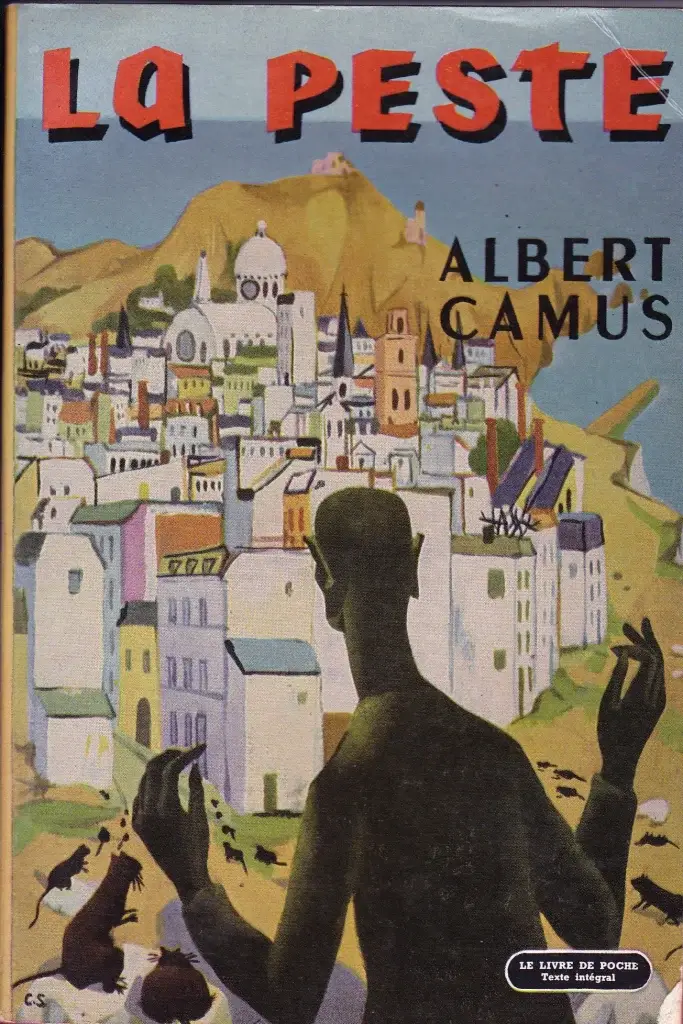Did Camus See the Future?

“The Plague” and Our Pandemic Odyssey: Lessons from a Prophetic Past
Albert Camus’ 1947 novel, “The Plague,” eerily mirrors the chaotic scramble of the COVID-19 pandemic. With its tale of Oran, a city gripped by a deadly disease, the book resonates with themes of isolation, fear, and the search for meaning amidst crisis. So, did Camus possess some uncanny foresight, or are the echoes of “The Plague” simply universal truths about human nature exposed by any pandemic?
A Chilling Mirror: From Fictional Outbreak to Global Reality
The parallels between “The Plague” and our recent experience are striking. Just like Oran, the world faced a novel, invisible enemy seemingly out of nowhere. Denial, panic, and social distancing mirrored the fictional town’s struggles. We, too, witnessed heroic healthcare workers like Dr. Rieux battling tirelessly, echoing themes of individual responsibility and collective action. However, unlike Oran’s sudden ending, the pandemic lingers, forcing us to dig deeper for insights.

Beyond Prophecy: Universal Truths for Troubled Times
Camus’ genius lies not in predicting the future, but in capturing the timeless human condition during crisis. “The Plague” reminds us that pandemics test our individual humanity – showcasing compassion, self-preservation, and even absurdity. It exposes the fragility of life and the power of human connection in the face of fear. More importantly, it challenges us to find meaning not in escaping the inevitable, but in confronting it with courage and solidarity.
A Surprising Twist: From Dystopia to Resilience
While “The Plague” paints a bleak picture, its ending offers a surprising twist. Despite the devastation, Dr. Rieux chooses to embrace life, knowing the plague may return. This act of defiance underscores the novel’s true message: resilience. Facing an uncertain future, we can’t predict or control everything, but we can choose our response. Just like Dr. Rieux, we can choose to act with compassion, build connections, and find meaning in our shared humanity, even in the face of a pandemic.
Therefore, “The Plague” isn’t just a chilling reflection of our reality; it’s a call to action. It reminds us that pandemics expose our vulnerabilities, but they also reveal our strengths. In the face of fear, uncertainty, and loss, we have the power to choose resilience, find meaning, and build a better future, together. So, the next time you find yourself drawn to the pages of “The Plague,” remember: it’s not just a story of the past; it’s a guidebook for navigating the present, and perhaps, shaping a more hopeful future.





